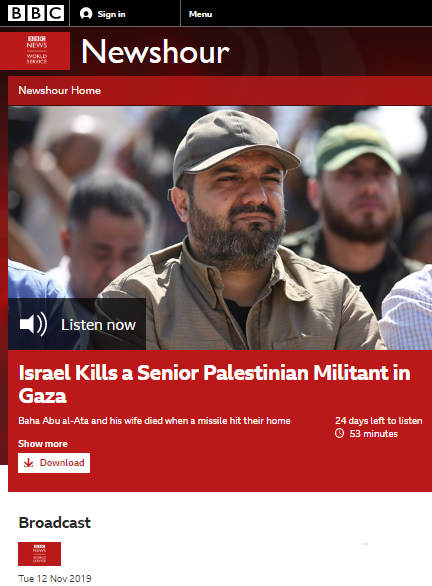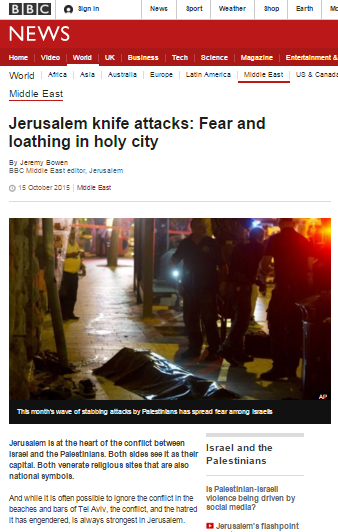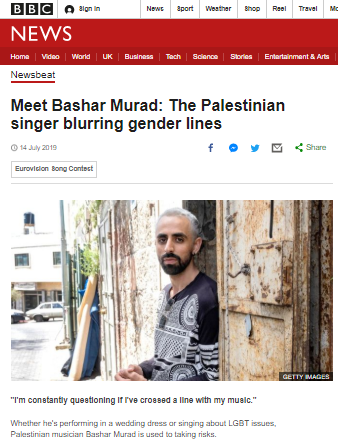The Jerusalem Post’s Khaled Abu Toameh reports that Palestinian factions in the Gaza Strip intend to renew the ‘Great Return March’ rioting (which was suspended in December) next month.
“Maher Muzher, a member of the Commission of the Great March of Return, a group consisting of various Palestinian factions in the Gaza Strip, said on Saturday that the organizers are planning mass demonstrations near the border with Israel on March 30 to commemorate the second anniversary of the weekly protests, which also coincides with Land Day. […]
Recently, the organizers of the weekly protests decided to change the group’s name to The National Commission for the Great March of Return and Confronting the Deal, reference to US President Donald Trump’s recently unveiled plan for Mideast peace.
Muzher said that work has begun to prepare for the mass demonstrations. “We will continue to work towards mobilizing a large number of people to participate in the popular and peaceful protest against the occupation,” he said. “We want to send a message to the Israeli occupation that the Great March of Return is continuing in order to achieve our goals and express rejection of the Trump deal which aims to liquidate the Palestinian issue. Our people will win, and the deal will collapse.”
Khaled al-Batsh, a senior Palestinian Islamic Jihad official and member of the commission, said that the weekly protests will resume on March 30. “We have decided to resume the marches of return,” he said. “They will be an important tool to express our rejection of the Trump deal.”
Hamas, meanwhile, called on Palestinians to step up protests against the Trump plan. Hamas’s representative in Lebanon, Ahmed Abdel Hadi, urged Palestinians to launch more protests against the Trump plan in the coming days. “Our heroic people who foiled previous projects will, god willing, also thwart this malicious deal and expel the occupation,” he said in a statement. “We will return to our homes in beloved Palestine, and we will pray at the blessed Al-Aqsa Mosque. Jerusalem is ours, and it is the capital of our state. The whole land is ours, from the [Jordan] river to the [Mediterranean] sea.””
As regular readers will be aware, BBC coverage of the weekly ‘Great Return March’ violence between March 2018 and December 2019 was remarkable for its promotion of very specific framing which:
- Erased the fact that around 80% of those killed during the violent rioting at the border have been shown to be affiliated with various terror organisations – primarily Hamas.
- Erased or downplays the violent nature of the events by failing to provide audiences with a representative view of the number of attacks using firebombs, airborne incendiary devices, IEDs, grenades and guns, the number of border infiltrations and the number of rockets and mortars launched.
- Erased or downplayed the violent nature of the events by uniformly describing them as ‘protests’, ‘demonstrations’ or ‘rallies’.
- Failed to provide adequate context concerning the stated aims of the events including ‘right of return’ and lifting of counter-terrorism measures.
- Erased or downplayed Hamas’ role in initiating, facilitating, organising, financing, executing and controlling the events and portrayed terrorists as ‘militants’.
- Cited casualty figures provided by “health officials” without clarifying that they are part of the same terror group that organises the violent rioting.
Even before the ‘Great Return March’ events began in March 2018 the organisers described their aim as being to stage events “that the whole world and media outlets would watch”. The BBC definitely played a part in ensuring that would be the case and with no evidence to indicate that editorial policy on that topic has shifted, if the events do indeed recommence next month, audiences can likely expect more promotion of the same jaded themes and euphemisms alongside the omission of vital information and context.
Related Articles:
BBC News sticks to year-old formula of reporting on ‘Great Return March’
The BBC’s ‘Great Return March’ great disappearing act
Mapping changes in BBC reporting of Palestinian demand for ‘right of return’
BBC News website unquestioningly amplifies UNHRC’s report
BBC Two’s ‘One Day in Gaza’ adheres to existing BBC practice




